Who are Russia’s main allies?
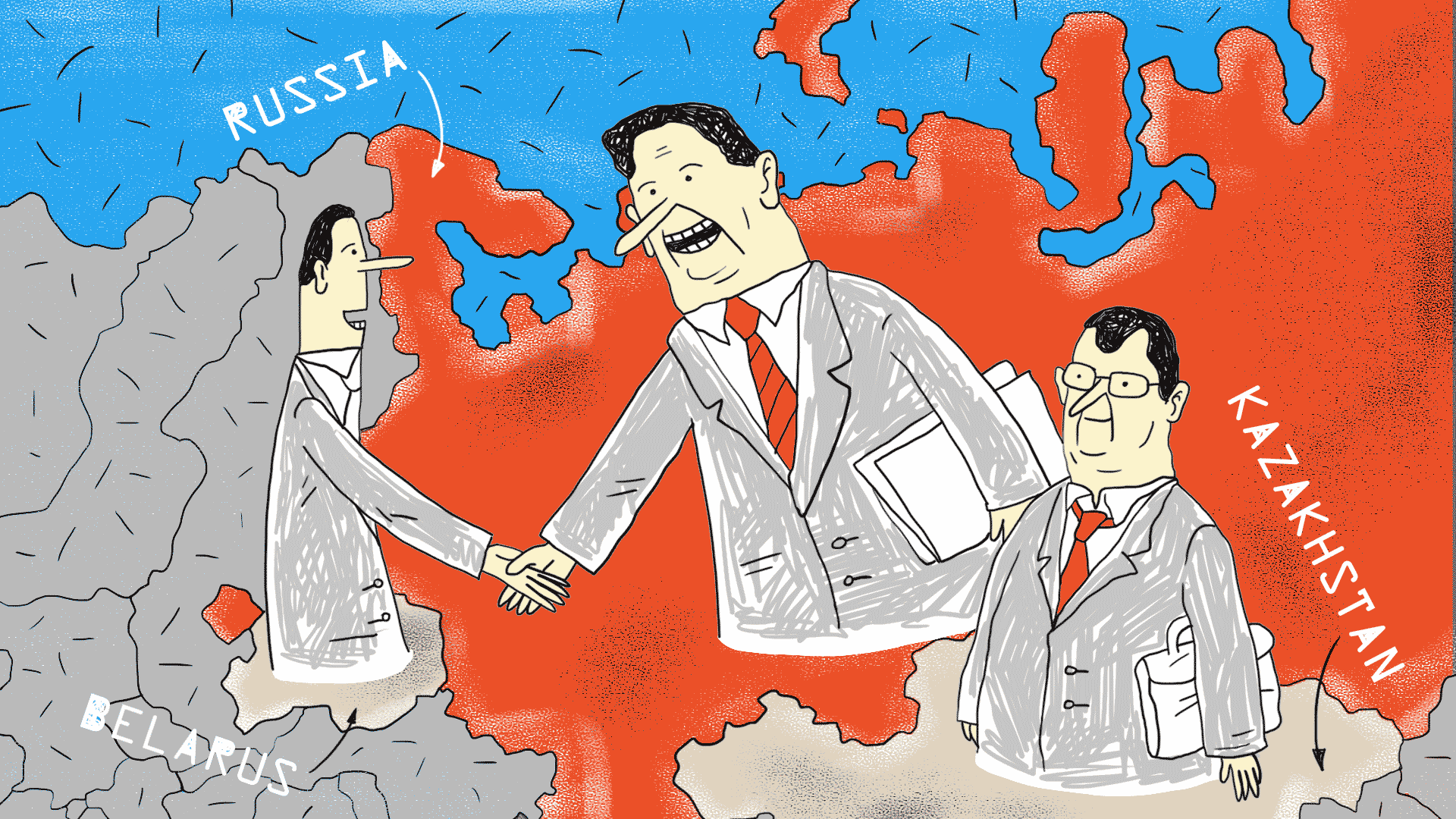
“Russia only has two allies; its army and its navy,” Emperor Alexander III used to say. This 19th-century quote remains very popular when people emphasize that in the international arena, especially during hard times, Russia can rely only on itself. But does this mean Russia has no countries to call friends?
Even President Vladimir Putin cited Alexander III when answering the question about Russia’s allies in 2015, though quickly clarified that he was joking and Russia definitely has foreign allies. But who are they?
Post-Soviet alliance
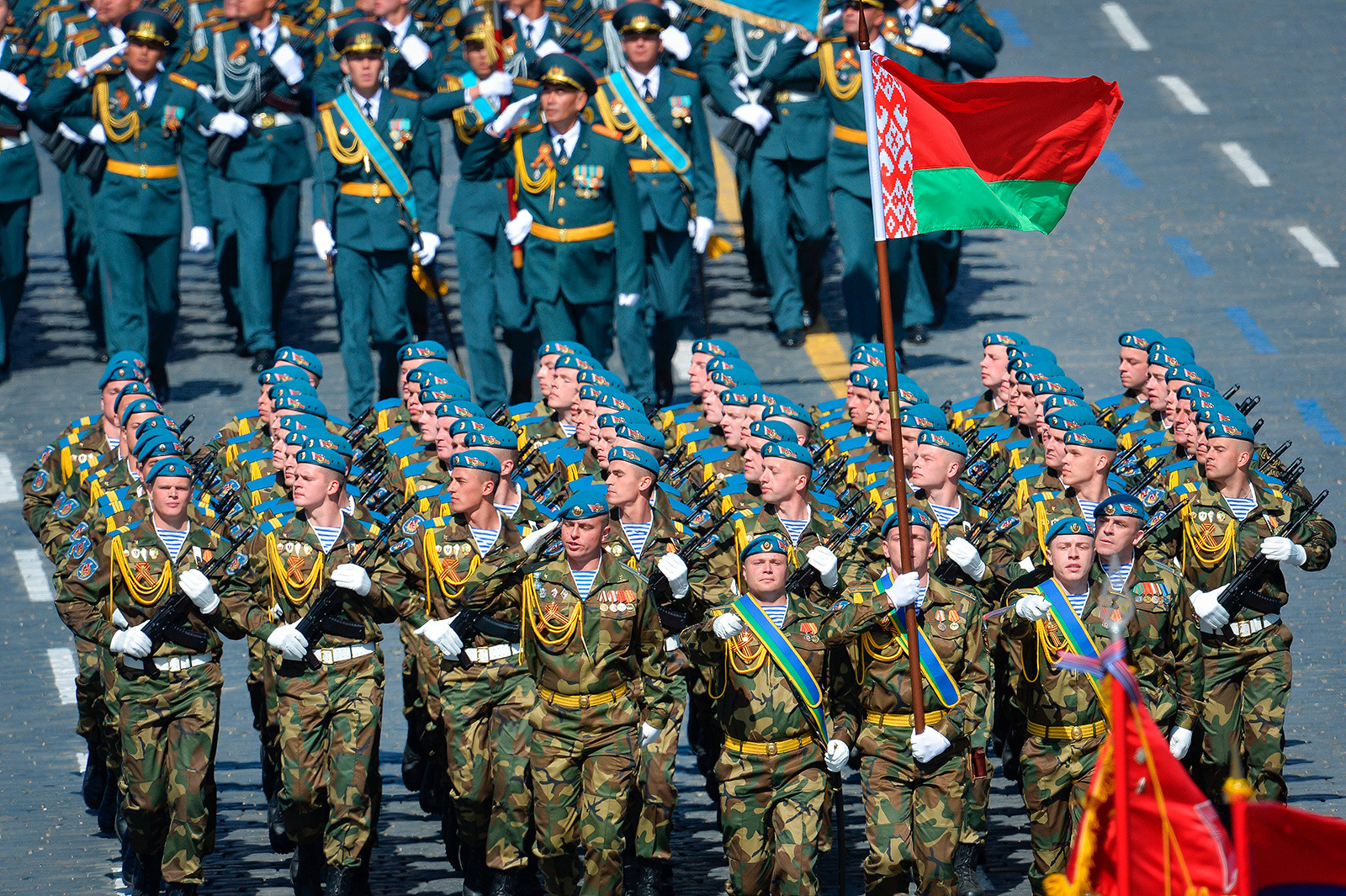
Belarusian soldiers during the rehearsal of the joint military parade on the Red Square dedicated to the Victory Day commemoration.
Vladimir Pesnya/SputnikSpeaking of countries that Russia has legally binding agreements of mutual defense with, first and foremost these are members of the Collective Security Treaty Organization (CSTO), an intergovernmental alliance created in 1992 that now unites six post-Soviet states: Russia, Armenia, Belarus, Kazakhstan, Kyrgyzstan, and Tajikistan.
According to the CSTO Charter, among its aims is “providing collective protection in case of menace to safety, stability, territorial integrity, and sovereignty” of the member states. The document emphasizes that the members prefer political means to achieve the group’s goals yet the CSTO still boasts a combined military force numbering around 25,000 troops.
Treaties
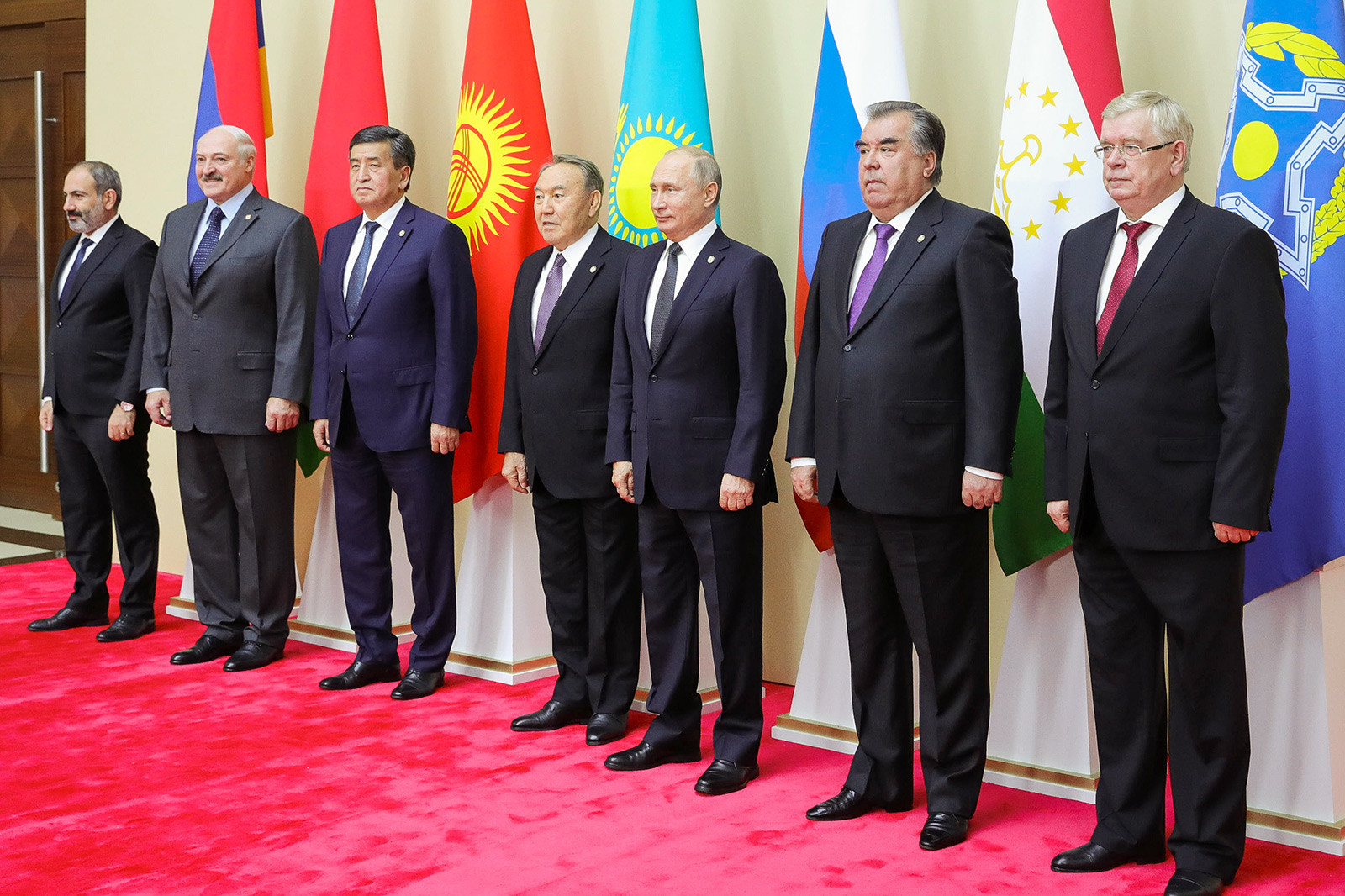
Leaders of the CSTO countries posing for a picture during a summit.
Mikhail Klimentyev/TASSTwo other countries who have legally binding agreements with Russia are Abkhazia and South Ossetia, both self-proclaimed republics recognized by only five UN members, including Russia. Moscow guarantees the protection of these republics and they, in turn, are obliged to help Russia in case of an attack – even though their military capabilities are far more modest.
Who else?
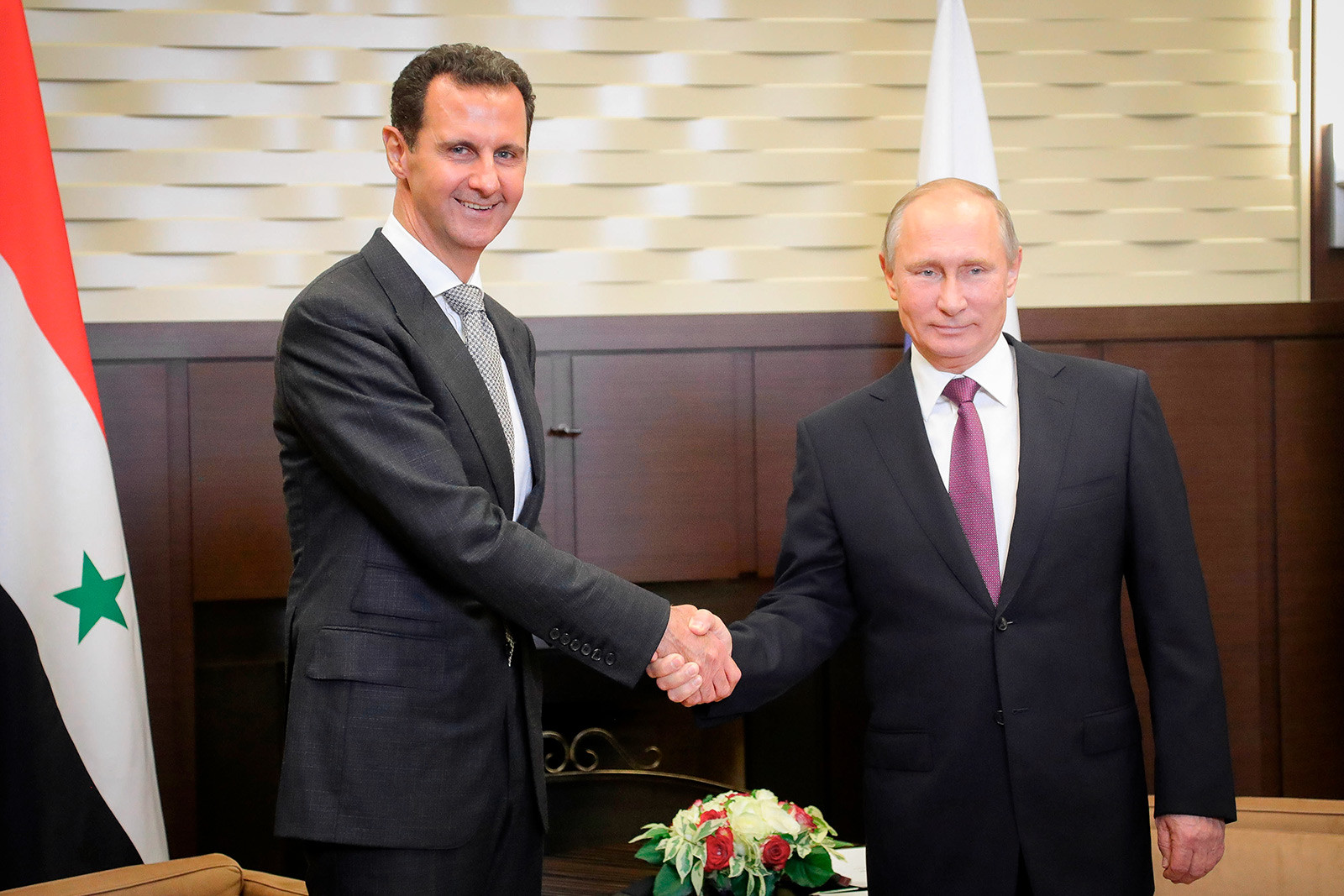
Vladimir Putin and Syria's Bashar al-Assad.
Mikhail Klimentyev/SputnikAnother example is China: the Asian economic giant is a member of the BRICS and the Shanghai Cooperation Organization (SCO), economic alliances in which Russia also participates. Plus, the Russian military regularly conducts joint military drills with its Chinese colleagues. Commenting on one of such drill in 2018 Peskov called China an ally
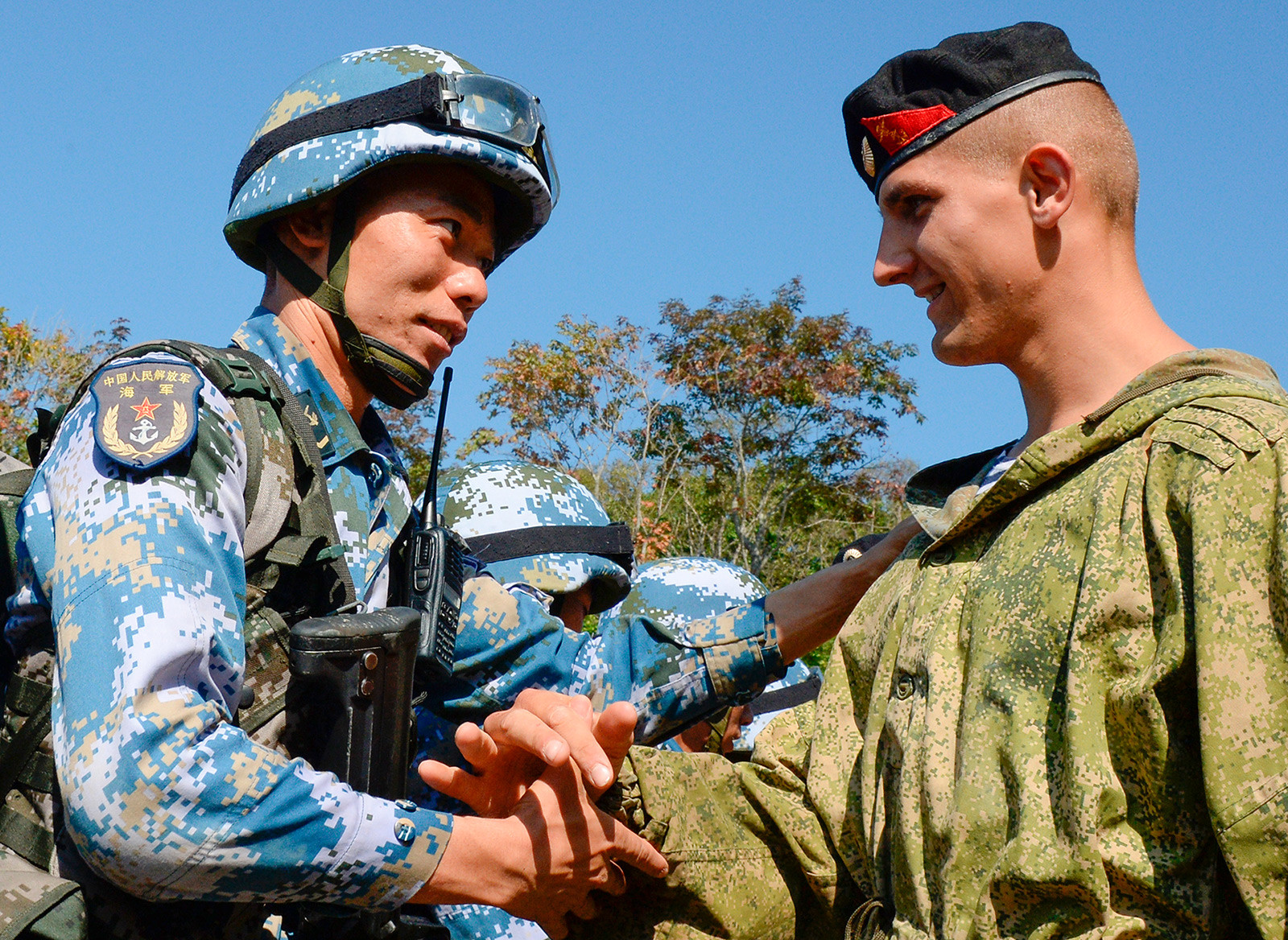
Russian and Chinese marines shaking hands during a joint military drill, 2017.
Vitaliy Ankov/SputnikIndia can be called another potential ally, in many
If using any of Russia Beyond's content, partly or in full, always provide an active hyperlink to the original material.
Subscribe
to our newsletter!
Get the week's best stories straight to your inbox